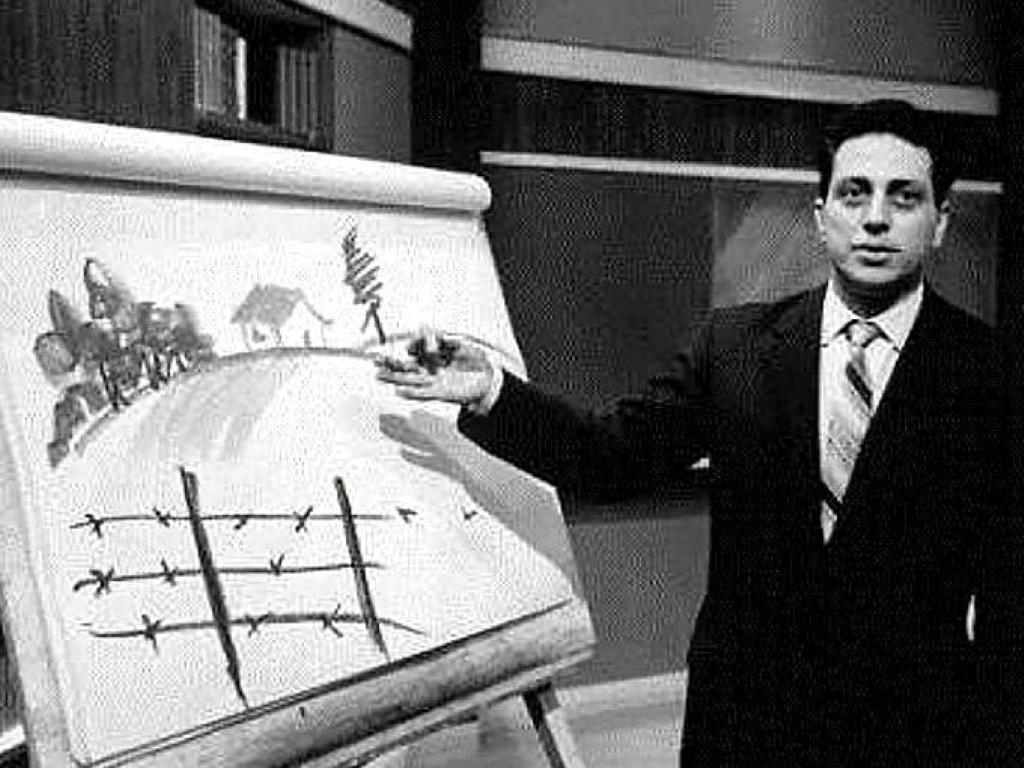Italian television has not always been the cradle of digital mediocrity. It has not always been the mirror of a reality made up of lights and rich prizes hidden in mysterious packages; reality shows that show the satisfied desire to make everyday life the object of general curiosity; of talk shows that do not measure talent, but the productive impact that a musician can have on the recording market.
In the past, Italian television has been a showcase to the world of national literary culture. An aid tool for those wishing to get out of the darkness of general illiteracy. Of course, quizzoni already existed: starting with “Leave or Double?”, Ending with “Shall we bet?”. But culture had a considerable weight in the panorama of the television network; to the point that cultural programs were equally entertainment ones.
L'Approdo and Giuseppe Ungaretti
Often, in the streets of the country where I live, nostalgia winds when one remembers the 63 'and the assiduous appearances of Ungaretti on television, invited to the program “L'Approdo”. He read and talked about poetry, commented, taught with exceptional charisma; thus quenching the thirst of an audience that was thirsty for beauty. When the broadcast began, entire families gathered at the homes of those who owned the first televisions; and all waiting to hear the Poet's response. Ungaretti's comment when the moon landing took place is unforgettable:
“This is a night unlike any other night in the world. Humans will continue to see the Moon as it appears from Earth, although its physical and scientific knowledge may be deepened or modified. But due to the optical effects it has on the Earth, the Moon will always remain for poets, and I think also for any man, the same Moon "
“It is never too late” television for Alberto Manzi
"It's never too late" to get educated. This was not a cliché nestled in the propaganda slogans launched by the school ministries. It was the name of a program conducted by Maestro Manzi, whose purpose was to educate the illiterate adult. Oreste Gasperini and Carlo Piantoni also collaborated with him, engaged in the same noble task. This broadcast played a fundamental role in building a literate civil society. We can affirm that it contributed to the cultural growth of the peninsula, in a period in which illiteracy was a stratified phenomenon throughout the territory. And the great success that followed - the estimates amount to one and a half million literate people who obtained their primary school diploma thanks to Manzi - became international; to the point that more than seventy countries tried to emulate the product.
This is the Italy they like to tell. A country that holds high the cultural principles and characteristics that identify a people. A country that knows no progress without the active and shared participation of all productive minds. A country that makes its excellences and its derivatives speak, without them leaving home. An Italy that becomes multicultural, maintaining its national unitary profile.





